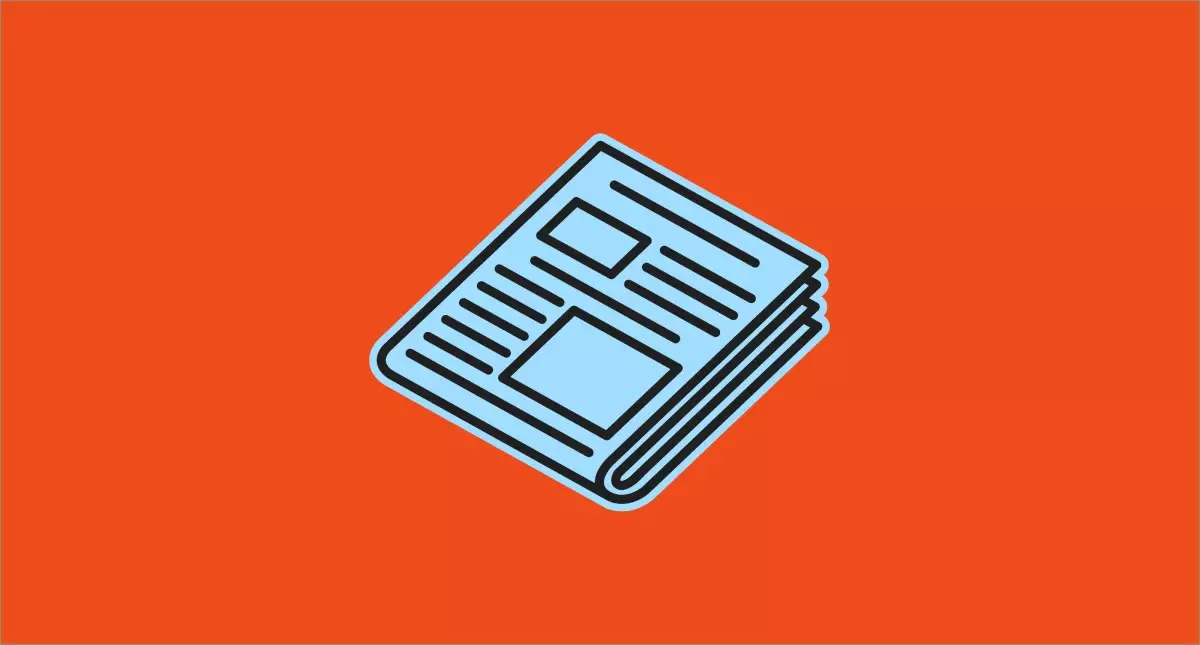In a significant move that highlights the ongoing tensions between technology firms and traditional media, a consortium of Canadian news organizations has launched a legal challenge against OpenAI, the developer of the popular AI chatbot ChatGPT. This lawsuit marks a pivotal moment in the ongoing struggle over copyright and intellectual property rights in the digital age, as these media entities allege that OpenAI has unlawfully utilized their content to train its AI models. The plaintiffs in this case include prominent names such as the Toronto Star, the Canadian Broadcasting Corporation, and the Globe and Mail, entities that are all pillars of Canada’s news landscape.
The crux of the lawsuit rests on the assertion that OpenAI has “scraped” content from these companies’ websites without permission, thereby infringing upon copyright laws while simultaneously enriching itself through the exploitation of what they characterize as “valuable intellectual property.” The news organizations have expressed concerns over the lengthy and costly journalistic work that goes into creating content, which they argue OpenAI has misappropriated for its commercial gain. The suit claims that rather than acquiring the information through lawful means, OpenAI has engaged in “brazen misappropriation,” which could set a troubling precedent for how AI models are trained and developed.
This case is not an isolated incident. OpenAI is facing similar copyright-related lawsuits from various prominent media outlets and authors, including The New York Times and comedian Sarah Silverman. Such legal actions are indicative of a broader uncertainty regarding the intersection of artificial intelligence and copyright, prompting crucial questions about what constitutes fair use in an era where data sharing is rampant. With AI systems increasingly relying on large datasets for training, the boundaries regarding the use of proprietary content have become increasingly blurred.
In response to the allegations, OpenAI’s representatives have defended their practices by asserting that ChatGPT, which has been adopted by millions globally, operates within the frameworks of fair use and respects copyright principles. They also claim to engage in collaborative partnerships with news publishers, citing existing licensing agreements with several international media entities. However, the plaintiffs have rebutted this defense, stating that they have never received any compensation or acknowledgment for the use of their work by OpenAI.
As laws surrounding intellectual property continue to evolve, the outcome of this lawsuit could have lasting effects on both the media and technology landscapes. Advocates for more stringent copyright protections argue that the traditional media companies deserve to be compensated for their contributions, particularly in an era where AI’s capabilities are fundamentally reshaping content consumption. Conversely, proponents of AI maintain that innovation must be allowed to thrive, urging for a balance between the rights of content creators and the interests of technology developers. As this case unfolds, the resolve of both parties may very well dictate the future dynamics of copyright in an increasingly AI-driven world.

